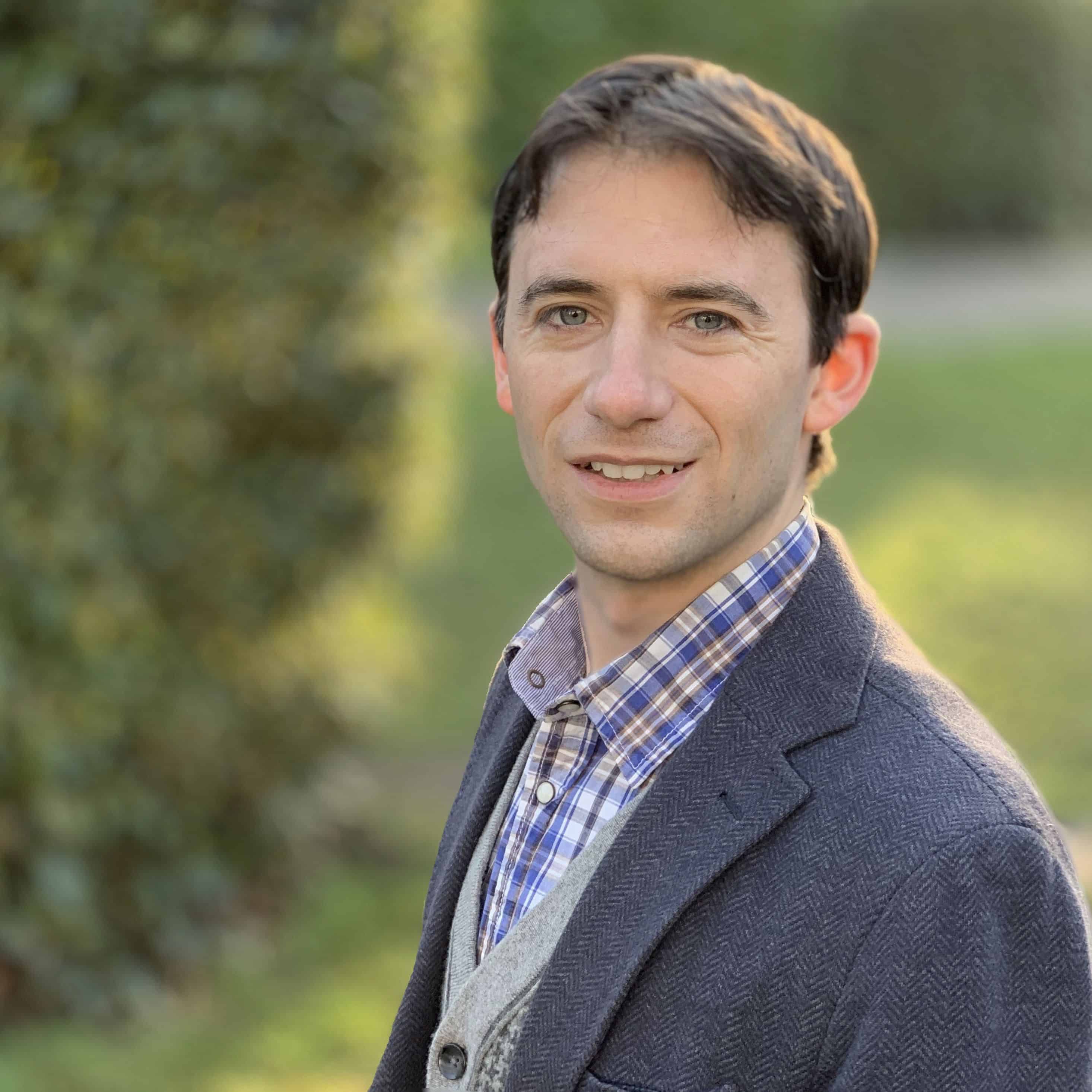
Biography
Chris joined the University of Oxford in 2019 as a Research Lecturer in Evolutionary Ecology, and St Hilda’s College in 2023 as a Lecturer in Biology. He has previously held research and teaching fellowships at Imperial College London and Cornell University in New York, where he completed his PhD after graduating from St Anne’s College.
Chris teaches various biological topics, including modes of reproduction, phylogenetics, coevolution, disease, adaptation and genomics. In addition to teaching practical skills in molecular and microbial ecology, he has a background in teaching scientific writing, communication and critique.
In his own research, Chris is interested in a longstanding evolutionary puzzle: why does sex exist? In theory, a lineage of asexual females can reproduce twice as efficiently as a competing sexual population, whose resources are diverted into males that cannot produce eggs. Why does natural selection maintain males and sex so widely despite this and other costs, and why do most asexual lineages rapidly go extinct? To address these questions, he studies a group of animals that have succeeded for millions of years despite lacking known males. Bdelloid rotifers are microscopic invertebrates that live in almost every pond, stream, puddle and patch of moss in the world. Reproduction is known only via asexual eggs, and although hundreds of species have been described and thousands of individuals examined, so far all of them have been female.
Chris investigates genetic and ecological aspects of the unusual reproductive mode of bdelloid rotifers, to understand how they deal with rapidly changing selection pressures, In particular, he studies how populations and individuals interact with pathogens. He and his collaborators use a range of molecular and experimental approaches, including long-term field studies, population genetics, experimental evolution, comparative genomics, resistance bioassays, metagenomics and transcriptomics.
More information about his recent research can be found below:
https://www.ox.ac.uk/news/2024-07-19-new-study-shows-tiny-animals-steal-antibiotic-recipes-bacteria
Nowell, R. W., Rodriguez, F. Hecox-Lea, B. J., Mark Welch, D. B., Arkhipova, I. R., Barraclough, T. G. and Wilson, C. G. (2024). Bdelloid rotifers deploy horizontally acquired biosynthetic genes against a fungal pathogen. Nature Communications, 15, 5787.
Wilson, C. G., Nowell, R. W., Pieszko, T. and Barraclough, T. G. (2024). Recombination in bdelloid rotifer genomes: asexuality, transfer and stress. Trends in Genetics, 40, 422-436.
Vasilikopoulos, A., Herlyn, H., Fontaneto, D., Wilson, C. G., Nowell, R. W., Flot, J-F., Barraclough, T. G. and Van Doninck, K. (2024). Whole-genome analyses converge to support the Hemirotifera hypothesis within Syndermata (Gnathifera). Hydrobiologia, 851, 2795–2826.
Fiałkowska, E., Fiałkowski, W., Wilson, C. G. and Pajdak-Stós, A. (2022). Effects of polyaluminium chloride (PAX-18) on the relationship between predatory fungi and rotifers. Environmental Science and Pollution Research 29, 17671–17681.
Nowell, R.W., Wilson, C.G., Almeida, P., Schiffer, P.H., Fontaneto, D., Becks, L., Rodriguez, F., Arkhipova, I.R. and Barraclough, T.G. (2021). Evolutionary dynamics of transposable elements in bdelloid rotifers. Elife 10, e63194.
Pathak, A., Nowell, R. W., Wilson, C. G., Ryan, M. J. and Barraclough, T. G. (2020). Comparative genomics of Alexander Fleming’s Penicillium isolate reveals sequence divergence of penicillin synthesis genes. Scientific Reports 10, 1–10.
Wilson, C. G., Nowell, R. W., Barraclough, T. G. (2018). Cross-contamination explains “inter- and intraspecific horizontal genetic transfers” between asexual bdelloid rotifers. Current Biology 28, 2436–44.
Nowell, R. W., Almeida, P., Wilson, C. G., Smith, T. P., Fontaneto, D., Crisp, A., Micklem, G., Tunnacliffe, A., Boschetti, C. and Barraclough, T. G. (2018). Comparative genomics of bdelloid rotifers: insights from desiccating and non-desiccating species. PLoS Biology 16, e2004830.
Positions
- Lecturer in Biology
Subjects
- Biology
